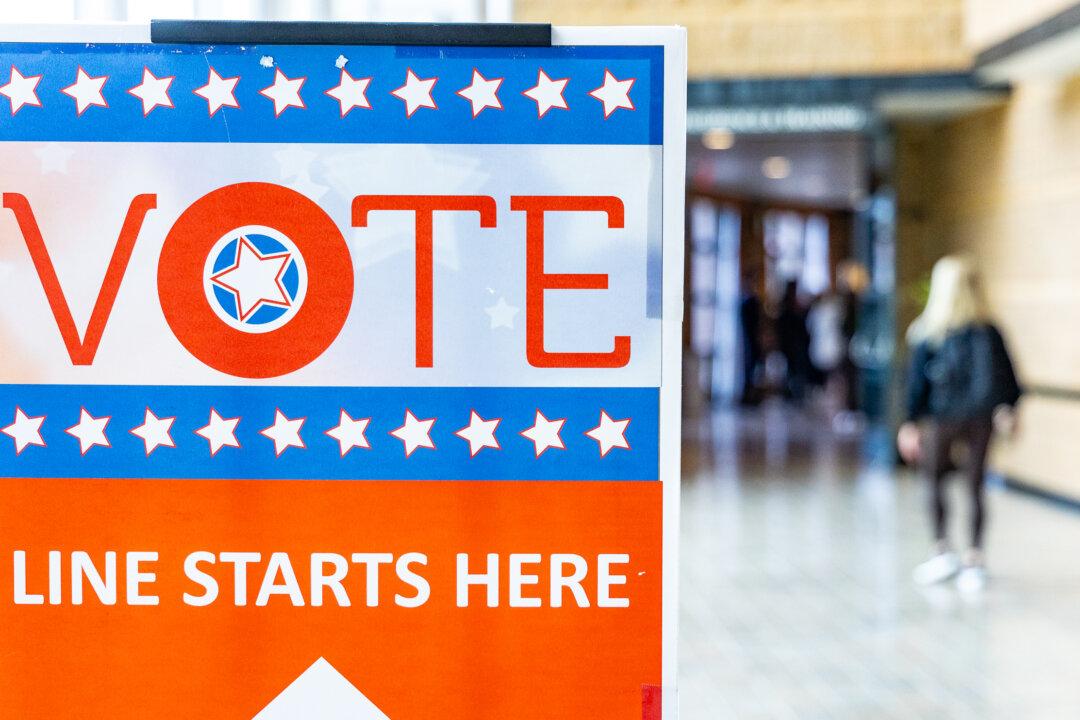Commentary
Since the 2020 election, the world has been a rollercoaster with many ups and downs, not only in our society, but our personal lives. With the rapid changes in the news cycle, one topic seems to reappear every couple of weeks: technology.

Since the 2020 election, the world has been a rollercoaster with many ups and downs, not only in our society, but our personal lives. With the rapid changes in the news cycle, one topic seems to reappear every couple of weeks: technology.